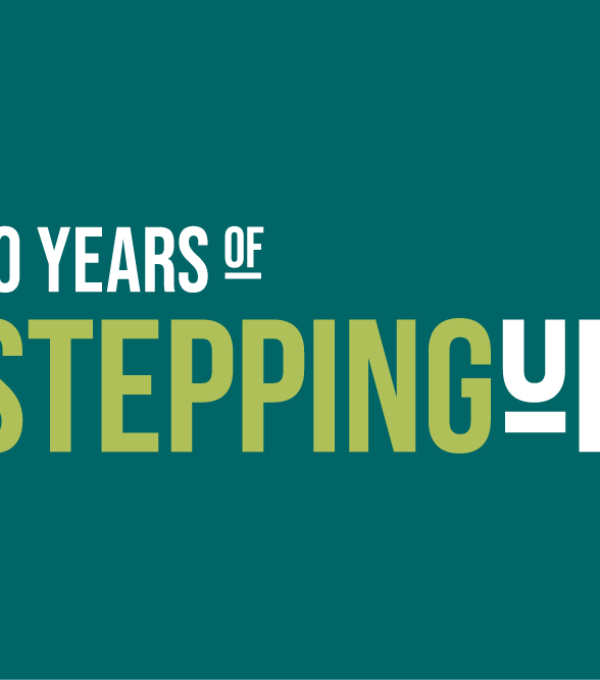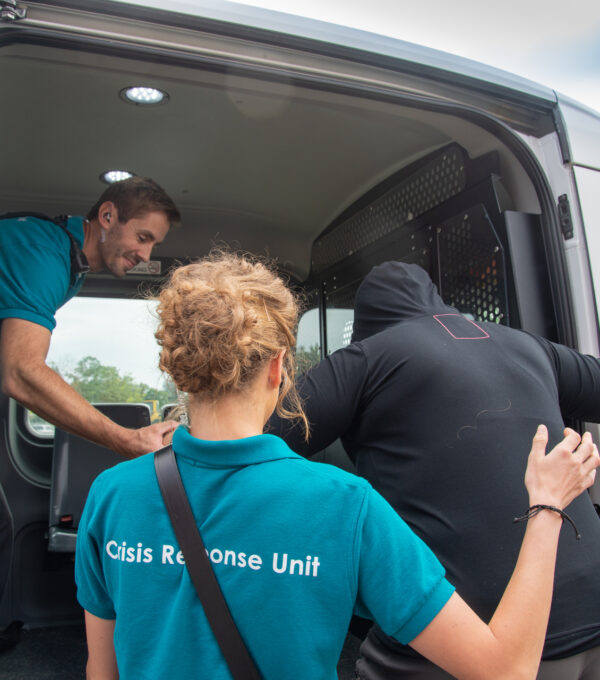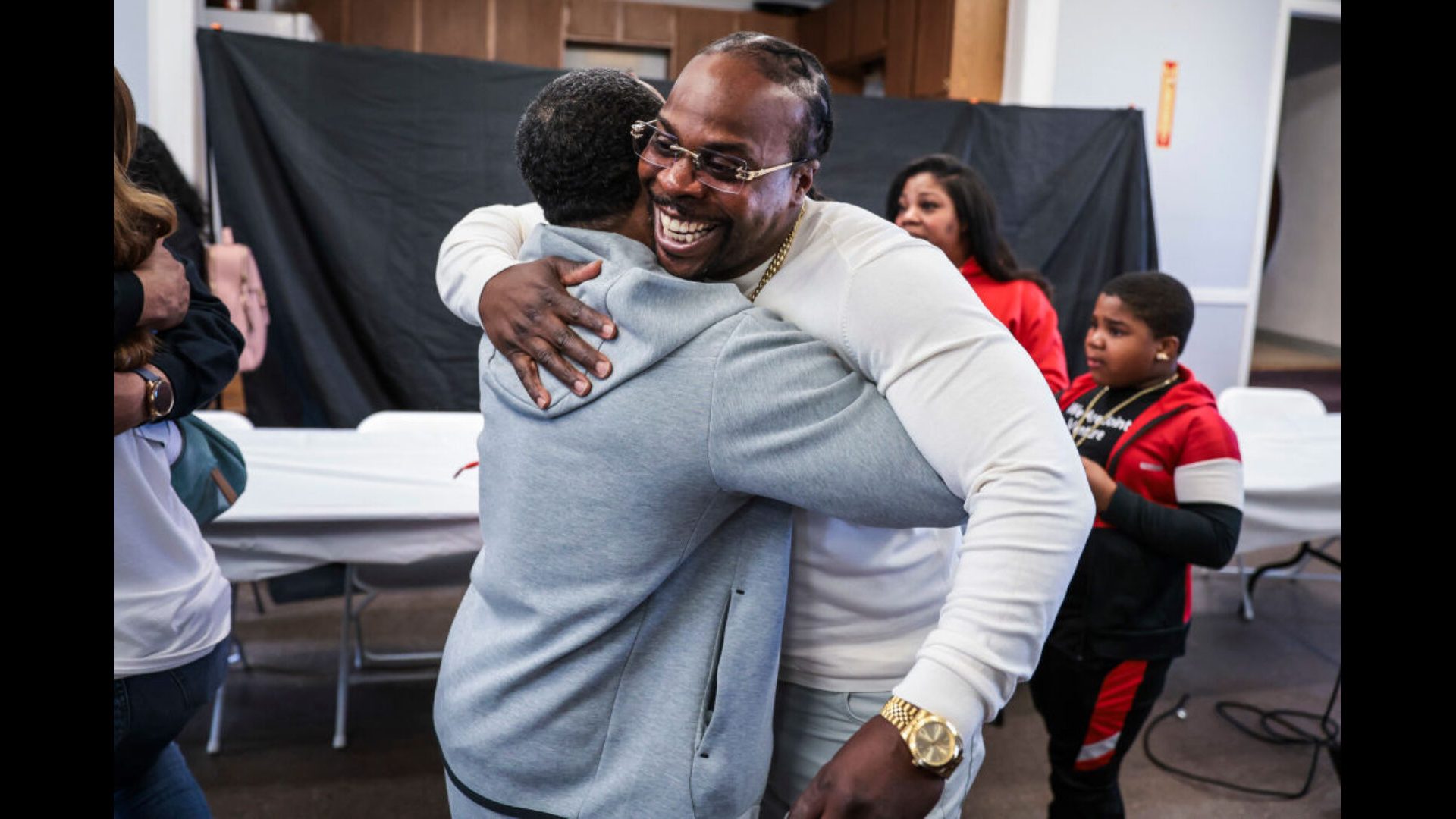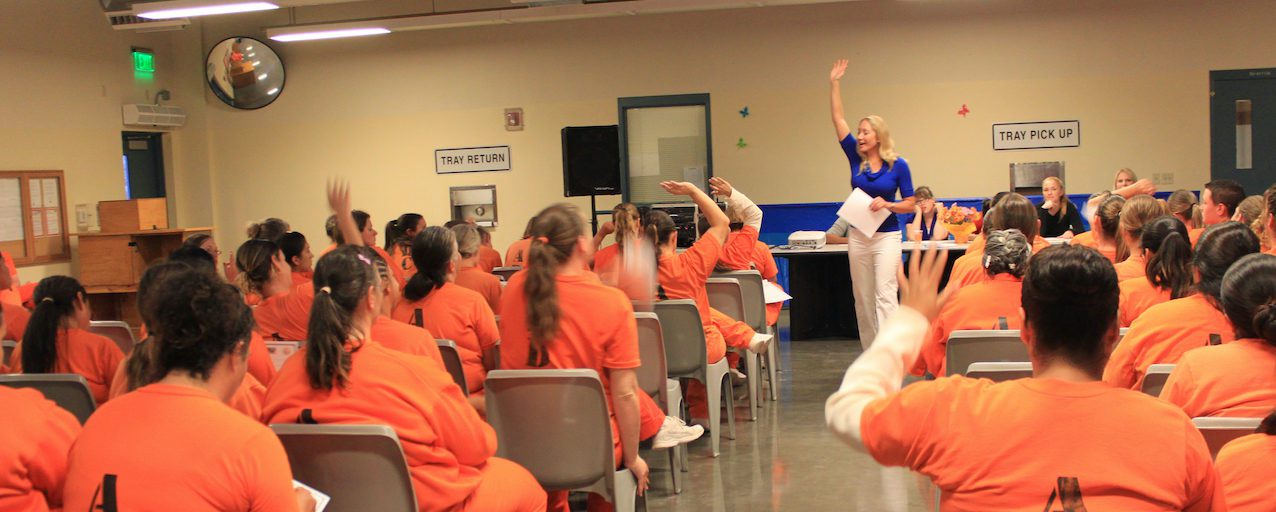Advancing safety and second chances
We drive the criminal justice field forward by providing rigorous, objective research and convening state leaders from all three branches of government.
Advancing safety and second chances
We drive the criminal justice field forward by providing rigorous, objective research and convening state leaders from all three branches of government.
The Latest News and analysis from the CSG Justice Center

As the Stepping Up initiative marks its 10th year, America’s justice and…
Read More
New Mexico launched a pilot program in 2024 to divert people with…
Read More
The CSG Justice Center Advisory Board establishes the policy and project priorities…
Read More
This May, the state of Washington passed legislation supporting the expansion of…
Read More
On May 30, 2025, the White House released the budget request for…
Read More
Corrections leaders balance the complex priorities of maintaining public safety, operating secure…
Read More
Alabama is taking action to achieve its Reentry 2030 goals and positioning…
Read More
A bipartisan group of 33 members of Congress, lawmakers, led by Congresswomen…
Read MoreUpcoming events
Upcoming
Jul
22

Hosted by The Council of State Governments (CSG) Justice Center
Stay Up to Date
Our Work in the States
We work in all 50 states, collaborating with leaders across all three branches of government to improve the criminal justice system.












